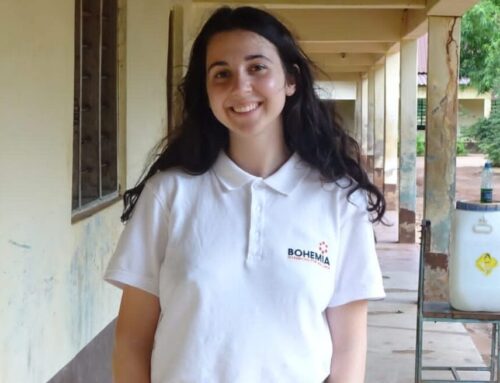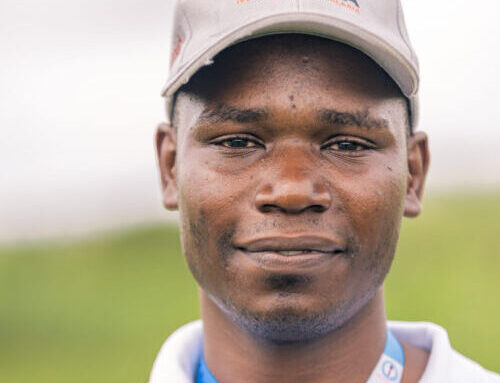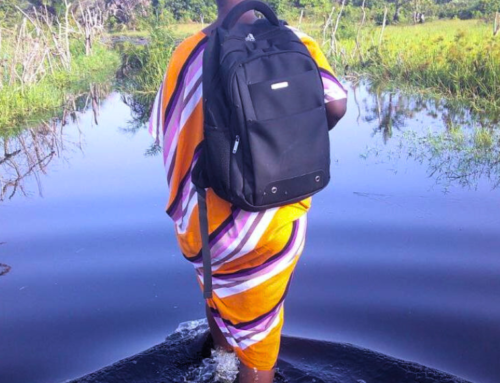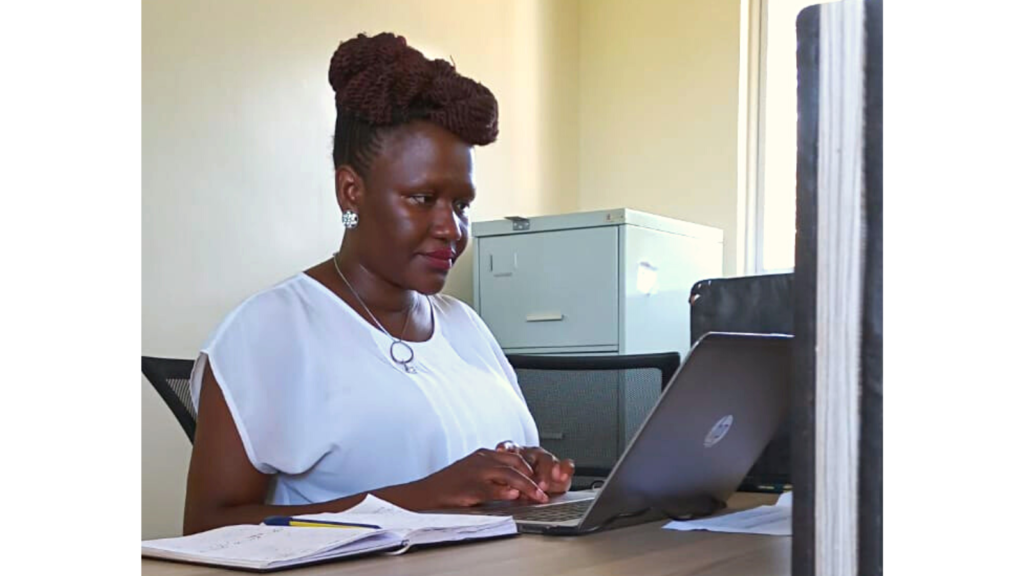
Interview with Lydia Kasiwa, Community Liaison Officer, Kenya
As a child, what did you want to be when you grew up? Were you already attracted to the field of health?
I have been passionate about public health for as long as I remember. In 2005, after completing high school, I got involved with ‘Moving The Goalposts’, as a volunteer peer educator. I would visit schools and community centers to raise awareness about sexual and reproductive health rights among parents and teachers. This experience eventually led me to join the organization full-time and I worked there for fifteen years before joining the BOHEMIA project.
My work at BOHEMIA as a Community Liaison Officer allows me to further my interest and passion for improving people’s health. I am enjoying working on this interdisciplinary project with a large team and am determined to go get a Masters in Global Health next.
What are your earliest memories of malaria? When did you first learn about this disease?
My earliest memories of malaria date back to my days in primary school when my sisters and I used to suffer from the disease frequently. It was a horrible experience and I still remember those days of vomiting, losing the taste of food, shivering, and missing school for several days or weeks. Moreover, whenever I used to suffer from malaria, I would be given quinine tablets or injections, which often led to side effects like itching when taken with other medicines.
When you heard of the BOHEMIA project, what did you first think about using ivermectin for malaria control?
At first, I was intrigued because even though I had heard of ivermectin, I didn’t know of its use in humans. But once I read about the project and the drug, I was excited to learn about ivermectin’s ability to kill mosquitoes, hence contributing to malaria vector control.
Malaria is a significant problem for people in Kenya. We are always looking forward to new strategies that can help us eliminate malaria as soon as possible.
What is your role in the BOHEMIA trial and what do your day-to-day tasks look like?
As the Community Liaison Officer in the BOHEMIA project, I lead the engagement activities for the study, with an aim of increasing the stakeholders’ and community members’ understanding and knowledge about the study for their full support, acceptance, and participation. I also lead activities aimed at seeking county approvals for the various work packages of the project.
In the last few months, I have developed a community engagement strategy, set up committees for study protocols, planned engagement activities for each sub-study, and organized stakeholder meetings.
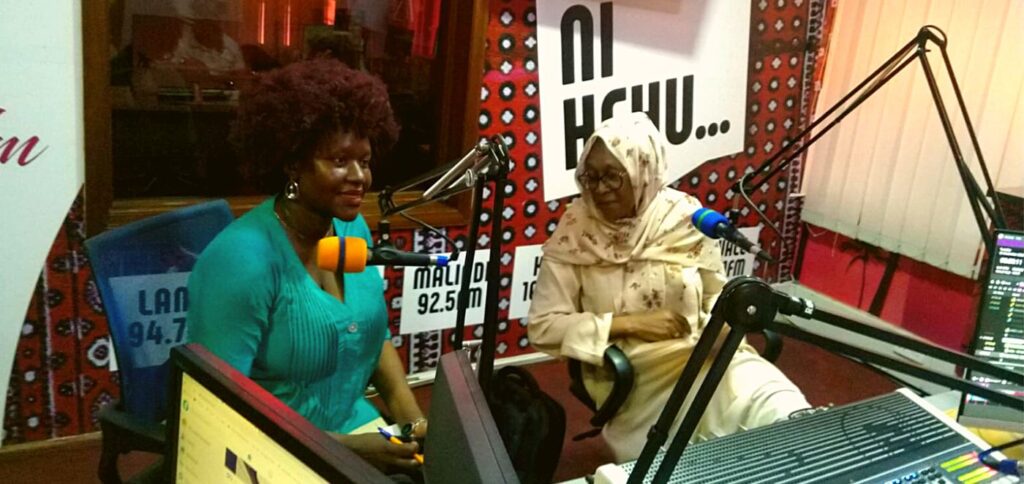
One of the best parts about this job is that I get to participate in radio programs, disseminating information about the upcoming trial.
What are some of the challenges you are currently facing and how do you plan on overcoming them?
We are still in the early stages of implementation so we are yet to face the bulk of the challenges. However, after initiating the community engagement activities, we can already see that misinformation will be a key issue that we need to be ready to address in this malaria project. There are some rumours that the trial medicine is targeted at making people infertile. So we are currently working with community members to address these concerns and build stronger ties of trust between the participants and the implementers.
“We can already see that misinformation will be a key issue that we need to be ready to address in this malaria project.”
Our colleagues in Mozambique had also faced similar challenges with misinformation during the mass drug administration trial. They found that teaming up with community leaders to dispel these rumours was one of the most efficient ways to resolve the issue. So we are incorporating these lessons learned from the previous trial.
What do you think is needed to advance the fight against malaria in Kenya, and how does BOHEMIA fit in?
In rural Kenya, health facilities are not always easily accessible. I believe it is important that rapid detection tests are made available to trained community members so that they can ensure timely diagnosis and treatment for those who are suffering from malaria. Moreover, counties within Kenya like Kwale have high malaria transmission rates and we need complementary tools to fight malaria in such regions.
This strategy to kill mosquitoes with ivermectin will help prevent new cases of malaria and break the transmission cycle. If we are able to generate the necessary evidence needed to include this strategy in the malaria control toolkit, we will have an additional tool to fight malaria in Kenya and beyond. BOHEMIA is also unique because of the sheer size of the project. At the end of this project, several young members of the community will have gained important employable skills like data collection and community engagement.


